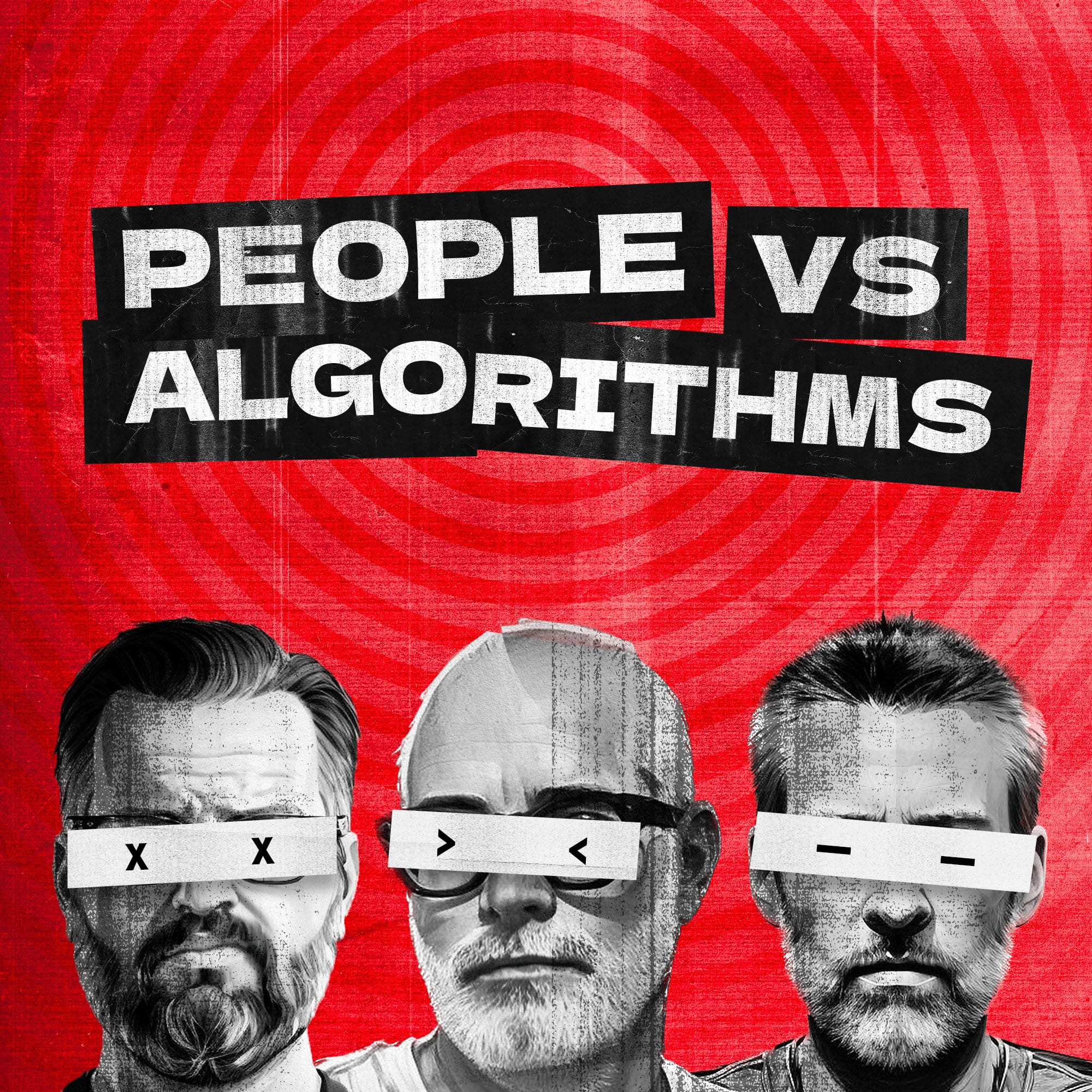Media business bright spots

This week, Axios senior media reporter Sara Fischer joined People vs Algorithms for a wide-ranging discussion about the state of the media business. Highlights below.
Recommendations
- AI bubble watch. “If we're not in an AI bubble yet, we will be because that’s just the nature of the world.” Stratechery’s Ben Thompson in conversation with analyst Benedict Evans. (Stratechery)
- Best printer 2024. The Verge’s Niay Patel sends up the soul-sucking nature of writing SEO copy – and, of course, it’s the top search result for “best printers of 2024” Google searches. (The Verge)
- AI search ads are coming. Perplexity will integrate ads into its “Related” section beneath its AI-generated answers. For the record, Perplexity says the best printer is the delightfully branded HP OfficeJet Pro 9015e, not a Brother. (Adweek)
- Online forum: Getting Off the Traffic Treadmill. On April 10, at 1pmET, join me and Dotdash Meredith chief innovation officer Jon Roberts and Viafoua CEO Mark Zohar to unpack post-traffic strategies to build durable audiences. (Sign up for free)
- The art of the hate read. Delia Cai’s Deez Links has a fun project that gives people license to unburden themselves of that which they disdain, whether menswear or media parties. (Deez Links)

Bye-bye buffering
It’s time to say goodbye to buffering frustrations on your website and welcome a smoother, more enjoyable video viewing experience. Learn about all the exciting features of the new, lightning-fast video player by EX․CO, the leading online video platform that empowers publishers to own their video strategy for maximum yield. Learn more

On this week’s episode of People vs Algorithms, Axios senior media reporter Sara Fischer discusses the state of the media business.
Sara has covered the media business for Axios for the past seven years after starting her career on the sales side, which gives her a different perspective from many journalists who cover the space. Sara’s weekly newsletter, Media Trends, is a must read. I’ve done a few podcasts with her over the years, including one earlier this year at The Rebooting Show.
We focused a lot of the discussion around areas of growth in the media business. Some highlights:
- Women’s sports have become a force. The Caitlin Clark show has powered women’s college basketball to a place of cultural prominence that was formerly reserved for men’s hoops. When Clark’s Iowa team defeated rival LSU this week, the game drew a record 12.3 million viewers. "What's happening is women are really good at social media,” Sara pointed out. “If you take a look at the numbers on Instagram for women right now in sports, they are just crushing men."
- Distinctive journalism. The New York Times as a games company with a news operation is mostly overplayed. While it does reach many more people through its non-news aspects of The Bundle, the success of the Times is a story of shifting to a subscription model built around news that caters to a progressive audience. The Atlantic is emerging as another successful model, having reached 1 million paid subscriptions and profitability. Like the Times, The Atlantic has gotten there with the strength of its journalistic product. “That’s refreshing because for the past few years in the scaled traffic era, there was a lot more pressure to get clicks. And that led to a race to the bottom in terms of quality,” Sara added.
- Niche upstarts. Mass traffic models are out. In are niche plays, whether in B2B like The Ankler, influence brands like Semafor, Puck and Punchbowl. These businesses started after the social media traffic firehose was shut off and aren’t built around SEO. They have smaller audiences that are typically harder to reach – and crucially, they aren’t competing with the giant tech and retail media platforms. “Go super niche, give yourself license to expand from there,” Sara said. “Be a little bit profitable. Don't borrow too much money. That's what we're going to see in the future.”
- Better owners. Running media businesses is hard, even the billionaires struggle at it. That said, some distressed assets are getting new owners that can ideally operated them far better. Take Yahoo, which is quietly doing far better owned by Apollo than its lost years under Verizon. Minute Media would be hard pressed to not be a better steward than the Five-Hour Energy guy. “You have a lot of distressed assets that have better owners,” Sara said.
- Personal Cinematic Universes. The shift from institutions to individuals is a defining trend in the media business and across culture and society. In media, that means the emergence of individual brands. But this is going beyond Substack, as media companies craft more flexible deals with “stars” that allow them to build a portfolio. This “talent flexibility” is highlighted by examples like ESPN’s Stephen A. Smith doing a podcast deal with Odyssey, Politico’s Jonathan Lemire doing an MSNBC show, The Washington Post’s Taylor Lorenz launching a video podcast with Vox Media. ”Media companies recognize you can't just unilaterally hold on to people and not give them opportunities to branch out if you want to retain stars,” Sara said.
Among the other topics we cover: why TikTok is winning, the death of aggregation as a competitive advantage, the unwinding of the cable model, the spotty track record of private equity rollups, The New York Times as an extensible model, and the future of print magazines as marketing pieces.
Listen on Apple | Spotify | other podcast platforms
Thanks for reading. Consider becoming a member of The Rebooting for access to all content and more. Sign up here.


